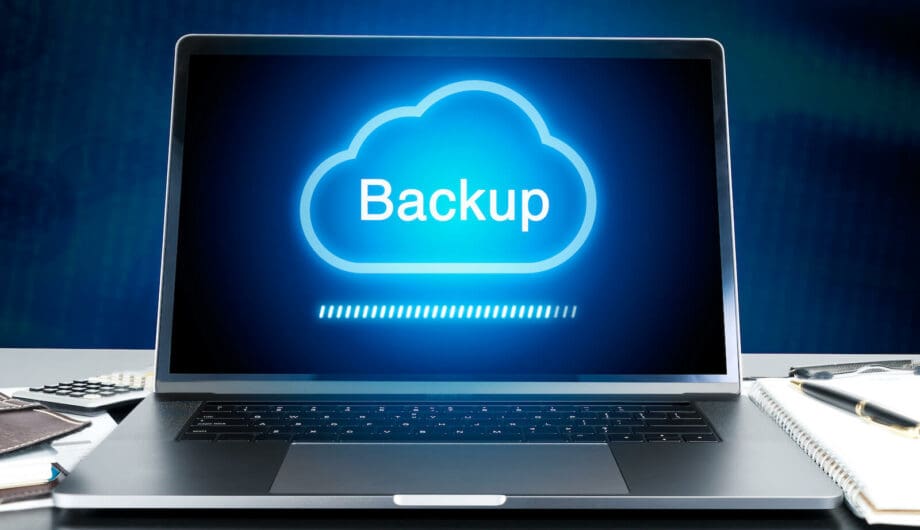
Are you backing up your site? If your answer is “I don’t know” or “I think so” then you need to keep reading. You should be backing up your own website. You should be doing it frequently, and you should know where your backups are stored.
I hear these arguments from people about their backups:
My web host is backing up my site, so I don’t need to.
You may be right, but you may be wrong. Most web hosts back up their servers, but you can’t rely on this as a safety net. You don’t have control over when they back up, or what they do with the backups, or how many they keep. Some hosts only keep a week or two worth of backups. If they are storing the backups on the same server, and their server catches on fire, those backups will be lost too.
There are some Managed WordPress hosts, like Flywheel*, who do a good job of backing up your site where you can see and access your backups daily. But don’t assume that your site is being backed up unless you can see and confirm it with your own eyes.
Nothing’s going to happen to my site, I don’t need to back it up.
Don’t be this guy. I’ve seen even the smallest site get hacked. Nobody can guarantee a 100% unhackable site. Many years ago we did a site for a very small boutique in a teeny tiny town, and the site got hacked. Afterward, the owner said, “But why would they target me?” because her site was very low traffic and little known outside of her town. Answer: Because they can.
My web designer has a copy, so I’m good.
Maybe yes and maybe no. I generally keep a copy of the theme and a lot of the files I’ve created for my clients, but when it comes to a WordPress site, the database is more important, and I don’t back that up for clients unless they specifically ask (and pay) for that service.
WordPress is secure, I don’t have to worry.
WordPress is great, but even the most secure sites get hacked sometimes. And if you haven’t put in any security precautions, then you could be a victim.
So what do I need to do?
- Decide how often you need to backup your site. This really depends on how frequently you update your site. I’m kind of a backup zealot, so I recommend a minimum of once a week, but if you subscribe to any of our support plans, you’ll get daily backups. At a minimum, I would say to back up once a month.
- Decide where you want to store your backups. DO NOT STORE THEM ON YOUR WEB SERVER. Seriously, don’t do that. If someone hacks your site, the first thing they will do is delete those backups. In addition, storing you backups on your server will take up a lot of space. I use Amazon S3 for my backups. They are all stored safely away from my sites and the cost is minimal. There are lots of options for where to store backups including Dropbox and Amazon – choose what’s right for you.
- Choose your backup system. There are lots of options, including BackupBuddy, ManageWP, Vaultpress, and BackWPup. Some are free and some are paid. Find the one that meets your needs, just be sure it’s a reliable and solid plugin. Just because it’s in the repository, doesn’t mean it’s reliable.
- Set up the backups. Organize and schedule your backups so that they run automatically and get stored. Every once in a while, check to see that they are where you want them to be.
- Be sure to backup the site files AND the database! Seriously, don’t forget that database. Your WordPress site won’t run without it.
Whatever plan you make, just be sure to do it regularly and verify it’s being done properly. You’ll thank me when you finally need that backup. Need help? I can back it up for you.
*affiliate link
Amy Masson
Amy is the co-owner, developer, and website strategist for Sumy Designs. She's been making websites with WordPress since 2006 and is passionate about making sure websites are as functional as they are beautiful.
